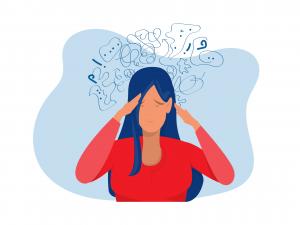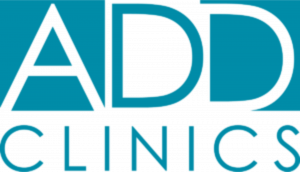The manifestation of ADD in adults can be complex, often masked by other psychological factors, necessitating a comprehensive and tailored approach in therapy.”
NEW ORLEANS, LOUISIANA, UNITED STATES, January 29, 2024 /EINPresswire.com/ -- The prevalence of Attention Deficit Disorder (ADD) in adults has prompted a significant evolution in psychotherapeutic methods, fostering an environment where nuanced treatments are increasingly accessible. Dr. Stanford Owen, a leading expert in this field and the owner of ADD Clinics in Gulfport, Mississippi, provides an in-depth analysis of the psychotherapeutic approaches being employed to address the unique challenges faced by adults with ADD.— Dr. Stanford Owen
Attention Deficit Disorder, once predominantly associated with children, has a profound impact on adults, affecting their professional life, personal relationships, and overall mental health. As Dr. Owen articulates, "The manifestation of ADD in adults can be complex, often masked by other psychological factors, necessitating a comprehensive and tailored approach in therapy."
Cognitive Behavioral Therapy (CBT) remains at the forefront of treating adult ADD. This method focuses on altering negative thought patterns and behaviors, enabling individuals to develop coping strategies and organizational skills. Dr. Owen emphasizes, “CBT is highly effective in managing the symptoms of adult ADD, especially when combined with other therapeutic techniques.”
Another significant approach is Mindfulness-Based Cognitive Therapy (MBCT). This integrates mindfulness practices like meditation and breathing exercises with cognitive therapy. Dr. Owen notes, “MBCT helps in reducing the distractibility and impulsivity associated with ADD. It fosters an increased awareness of the present, aiding individuals in better managing their symptoms.”
Psychoeducation, a key component of therapy, involves educating individuals about ADD and its effects. Understanding the condition empowers individuals to recognize their symptoms and the impact on their daily lives. Dr. Owen asserts, “An informed individual is better equipped to participate actively in their treatment plan.”
Behavioral coaching, a more directive form of therapy, involves practical assistance in organizing tasks and managing time effectively. Dr. Owen adds, “Behavioral coaching can bridge the gap between the therapeutic setting and real-life application of skills necessary for managing ADD.
Innovations in therapy have also seen the integration of technology in treatment. Digital tools, such as apps for time management and organization, have become an adjunct to traditional therapeutic methods. Dr. Owen highlights, “Technology can be a valuable ally in the management of ADD, offering practical solutions that can be seamlessly incorporated into daily routines.” Lumosity is a commercial technology that scores the patient at baseline then trains them to improve. Lumosity is a great tool to evaluate medication treatment as well, especially a “before and after” analysis.
Finally, Dr. Owen stresses the importance of a holistic approach. Diet, exercise, and lifestyle changes often complement psychotherapeutic methods. “A holistic approach addresses the multifaceted nature of ADD, ensuring that treatment is not just about managing symptoms but also about enhancing overall well-being,” Dr. Owen explains.
In conclusion, the treatment of adult ADD requires a multifaceted approach. The evolution of psychotherapeutic methods offers hope and practical solutions for individuals grappling with the challenges of this condition. As Dr. Stanford Owen of ADD Clinics in Gulfport, Mississippi, elucidates, the integration of various therapeutic techniques tailored to individual needs is pivotal in effectively managing adult ADD.
Morgan Thomas
Rhino Digital, LLC
+ 15048755036
email us here



